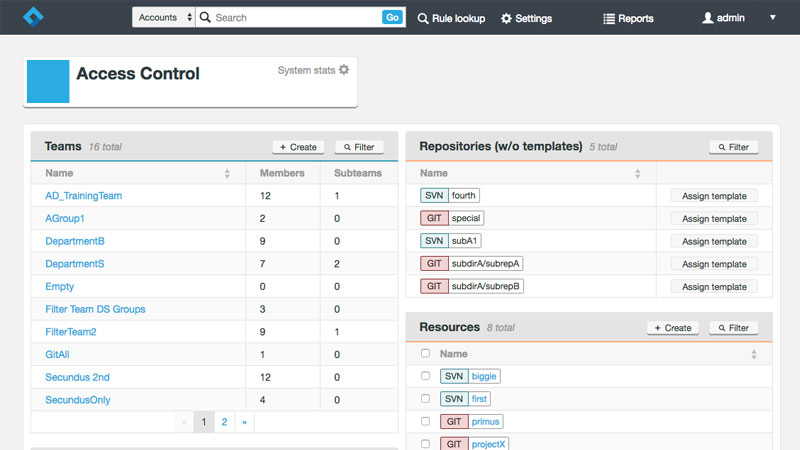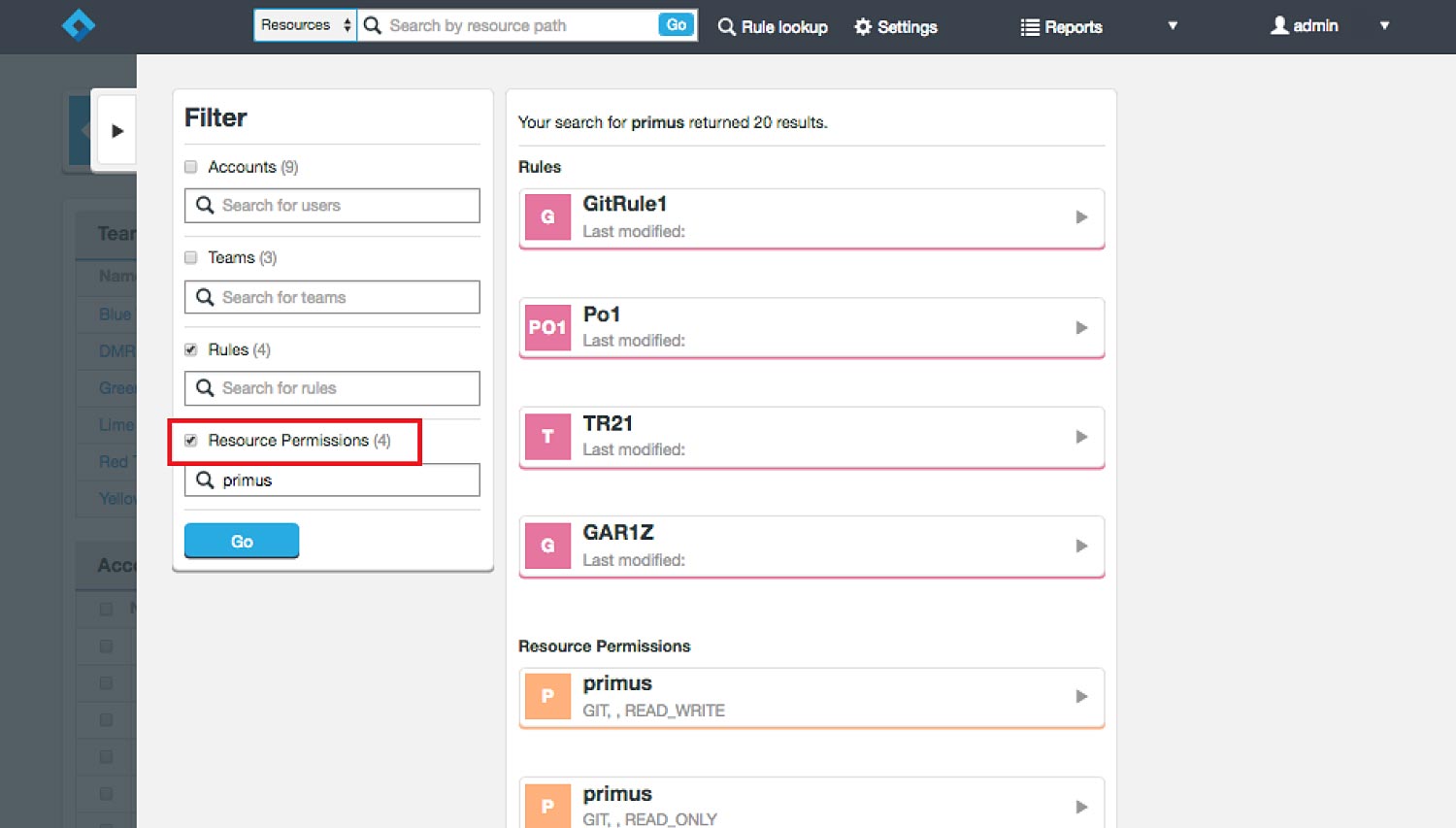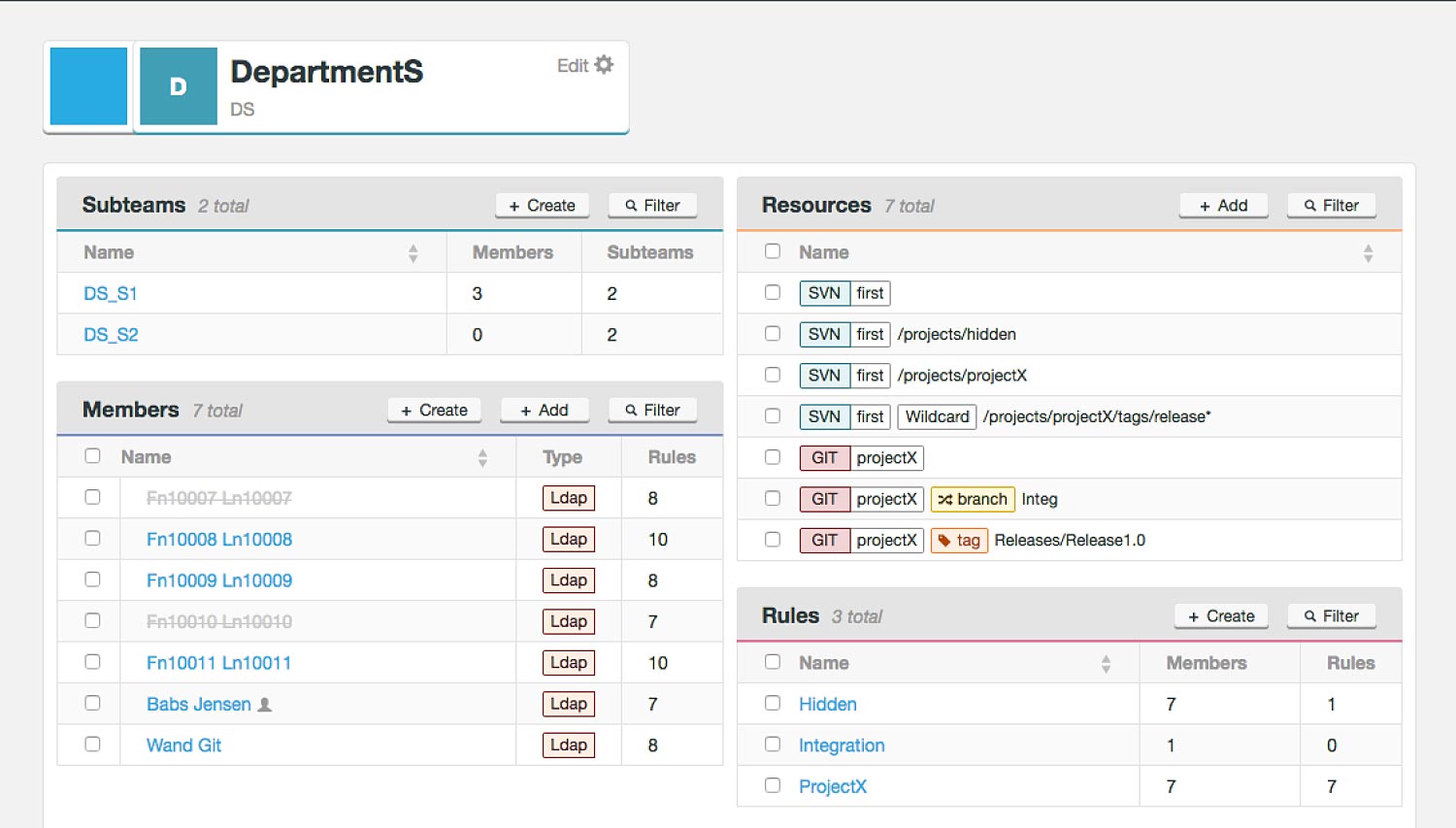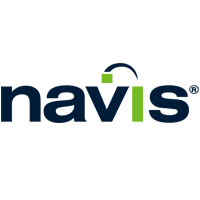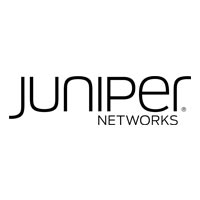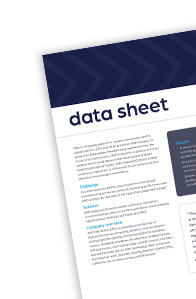1. LDAP/Active directory integration:
ACP integrates seamlessly with LDAP and Active Directory, enabling centralized user authentication and authorization. This integration simplifies user management, automates provisioning and de-provisioning, enhances security, and reduces administrative overhead.
2. Fine-grained access control:
ACP provides organizations with precise control over user permissions, enforcing the principle of least privilege to protect source code. It prevents unauthorized access, reduces security risks, and integrates with LDAP and Active Directory for simplified user management. ACP ensures only authorized users can access sensitive code, enhancing security and code quality.
3. Repository templates:
ACP simplifies repository management by using templates to define access control and file locations for Git and Subversion. It streamlines authentication with httpd and SSH key access, reducing administrative effort, ensuring consistency, and minimizing errors.
4. Generic file replication (GFR):
ACP uses Cirata’s Generic File Replication (GFR) technology to synchronize access control changes and authentication files across distributed teams. It ensures consistent policies, improves collaboration, and enhances system availability.
5. Wildcard support:
ACP simplifies permission management with advanced features like wildcard support, allowing administrators to create flexible, pattern-based rules for branch names, tags, and paths. This reduces the need for individual rules, ensuring efficient and consistent access control for common workflows.
